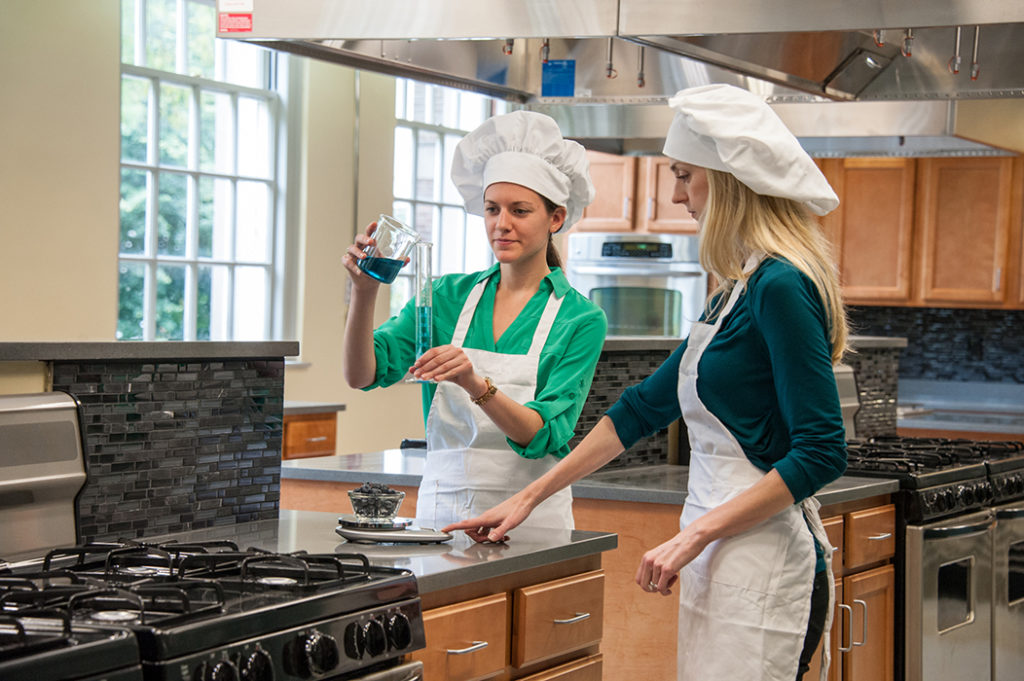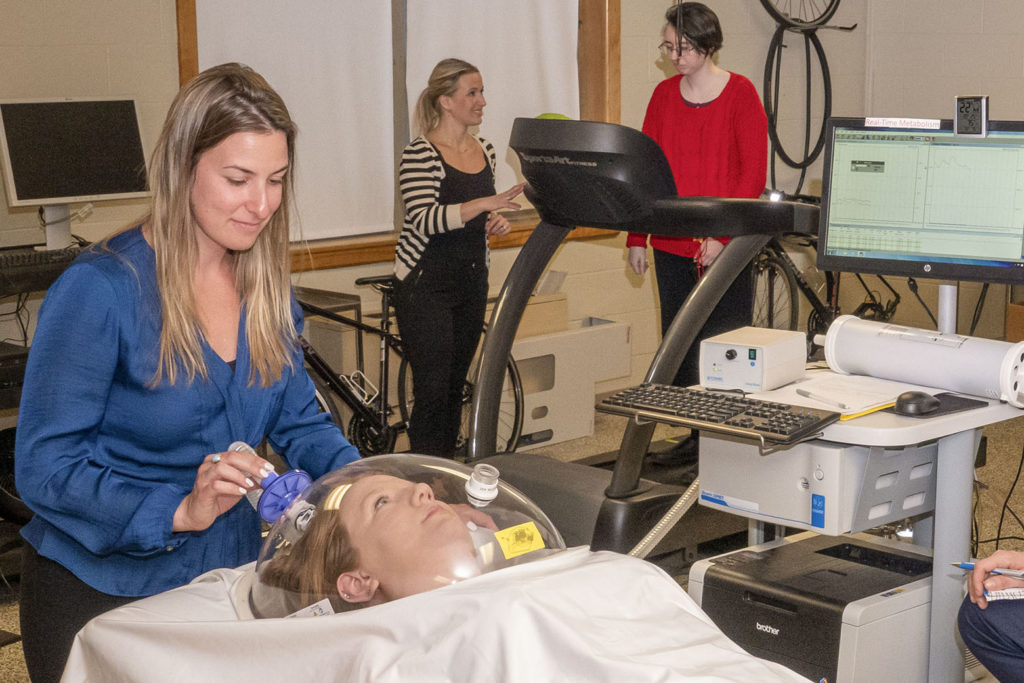Nutritionist vs. Dietitian Career Paths — What’s the Difference?
When considering a career in nutrition and dietetics, it’s important to understand the key differences between registered dietitians and nutritionists. While both professions focus on promoting health through diet and nutrition, their education, certification requirements, and scope of practice differ. Whether you pursue a registered dietitian nutritionist career or a nutritionist career, both paths offer […]











